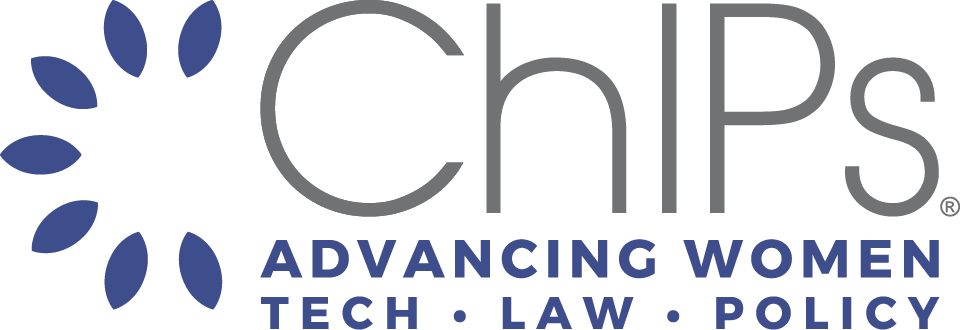ChIPs Indianapolis Chapter meets to discuss the "Me, Too" movement in the United States
Starting from the non-controversial presumption that women are no less intelligent or capable than men, one would expect that increased opportunities for women would have fundamentally increased the numbers of women in positions traditionally occupied by men, as equity partners in law firms, as entrepreneurs, and in tech. And yet, despite tenacity, brains, and a good deal of coaching, women’s progress has stagnated. Is it possible then, that as in the “Me, Too,” movement, women in law and technology have been too quick to blame themselves for being unable to navigate workplace bias and financial inequality?
The answer to that question is “yes.” Despite their best efforts, women have not attained and cannot attain parity without addressing the systemic bias. The message to women:
It is not you. You will never as easily attain success as a man will. There is nothing wrong with you and you are not crazy to wonder why you haven’t achieved the success you want despite your intelligence, insight, and savvy.
There is no easy answer to why this may be so, but it is clear that while the workplace embraces men and assumes their competency, women must fight to earn their reputations, all the while navigating the elusive work-life balance. Women are not presumed to be competent. They have to affirmatively demonstrate that they are “up to the task” or can “find their voices.” As Senator Mazie Hirono posited not long ago after being praised for finding her voice, “What man has ever lacked a voice?”
Multiple studies show that gender bias is all around us. It cannot be overcome by coaching women to be more like men, less like men, or be their authentic selves because implicit bias is both involuntary (and hence unintentional) and subconscious. For the most part, malice is not the issue. Instead, men’s voices are rated as more credible. Men are praised for being the maverick, while women are chastised as being overly aggressive for engaging in the same behavior. All too often, men hire and pass on the best opportunities to other men, while questioning women’s commitment to the workplace. Moreover, when women do make it to the top, often they do not reach back to help the next woman up. Instead, these opportunities often go to men.
Informing men of their “privilege” is unlikely to be effective, however, because we all face implicit bias in one form or another, and many men will not react kindly to the notion of having been privileged when they, too, have worked hard to achieve their success. Yet, we must point out this inequality that perpetuates itself, through assumptions and behavior that favor men. Furthermore, we must not be shy: we must demand the equality we know we deserve. From experiments in the workplace, we know that companies can make real progress when they demand a critical mass of women and diversity in the workforce, and financially incentivize it.
With that in mind, we demand the following:
Of our Employers and our Leaders:
- Transparency with regard to economics and earnings
- Financial incentives to achieve real diversity in projects, ensure that women are being given work opportunities
- Compensation for and participation in pitches
- Policies to regulate how working and billing credit are allotted
- Adoption of the no asshole rule in bringing people on board; eliminate those who are high earners at the expense of their colleagues and/or the organization
- Equal air time for all; provide training on how to create an environment in which all are heard
- High performance training and sponsorship
- Metrics and goals—50% of new hires should be women, at least 25% at the partnership/leadership level should be women
- Accountability for the environment that you are creating; no more, “I don’t know why women don’t like it here.”
- CONSIDER: What would happen if all the women left and went to a competitor?
All:
- See women as contributors
- Support women
- Call women with your work
A special thanks goes to Marian Hodges, Connie Lindman, Kathy Mayberry, Deborah Pollack-Milgate and Liz Shuster for their presentations and planning of this event. An additional thank you goes to all who attended; each contributed and assisted in compiling these demands.
